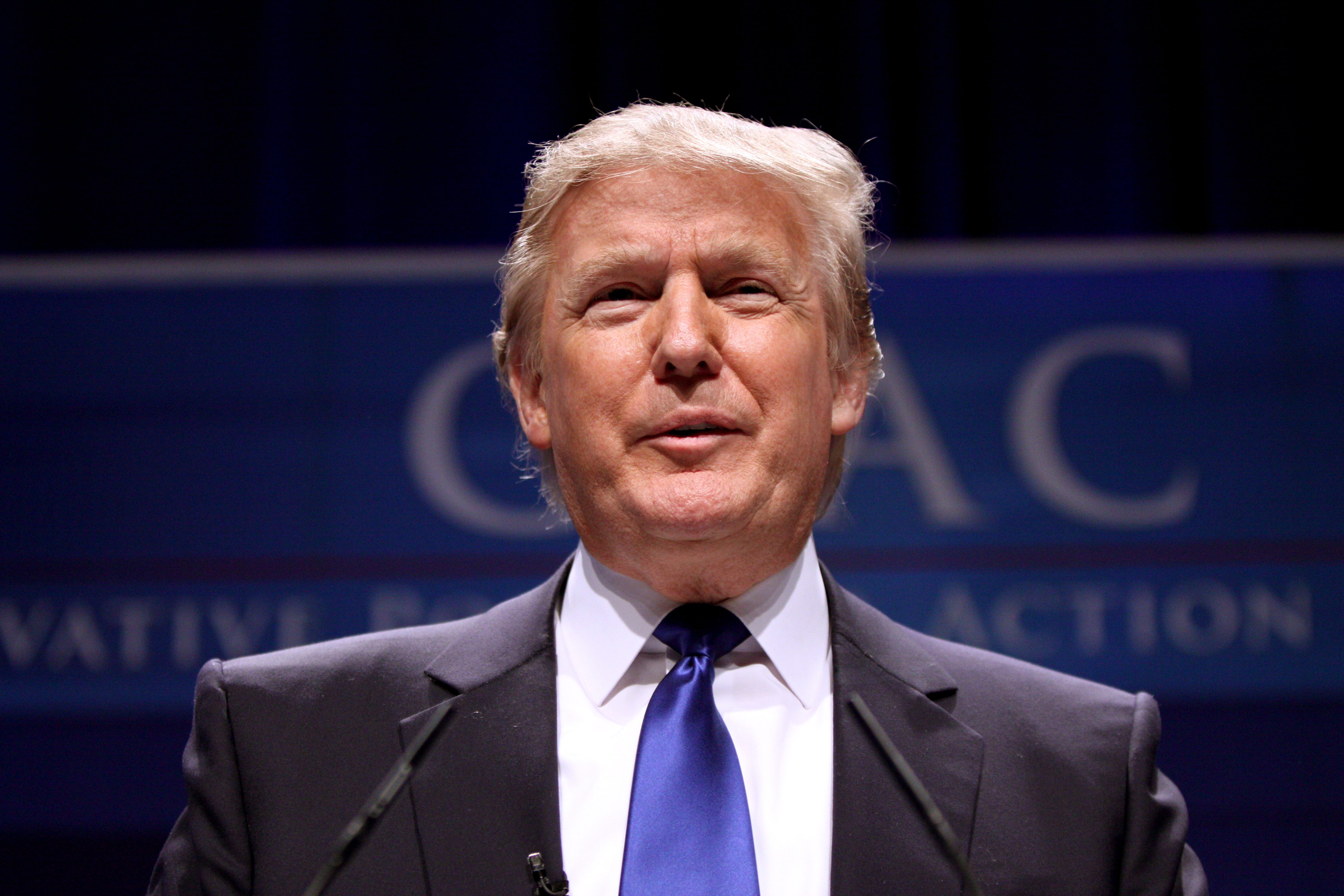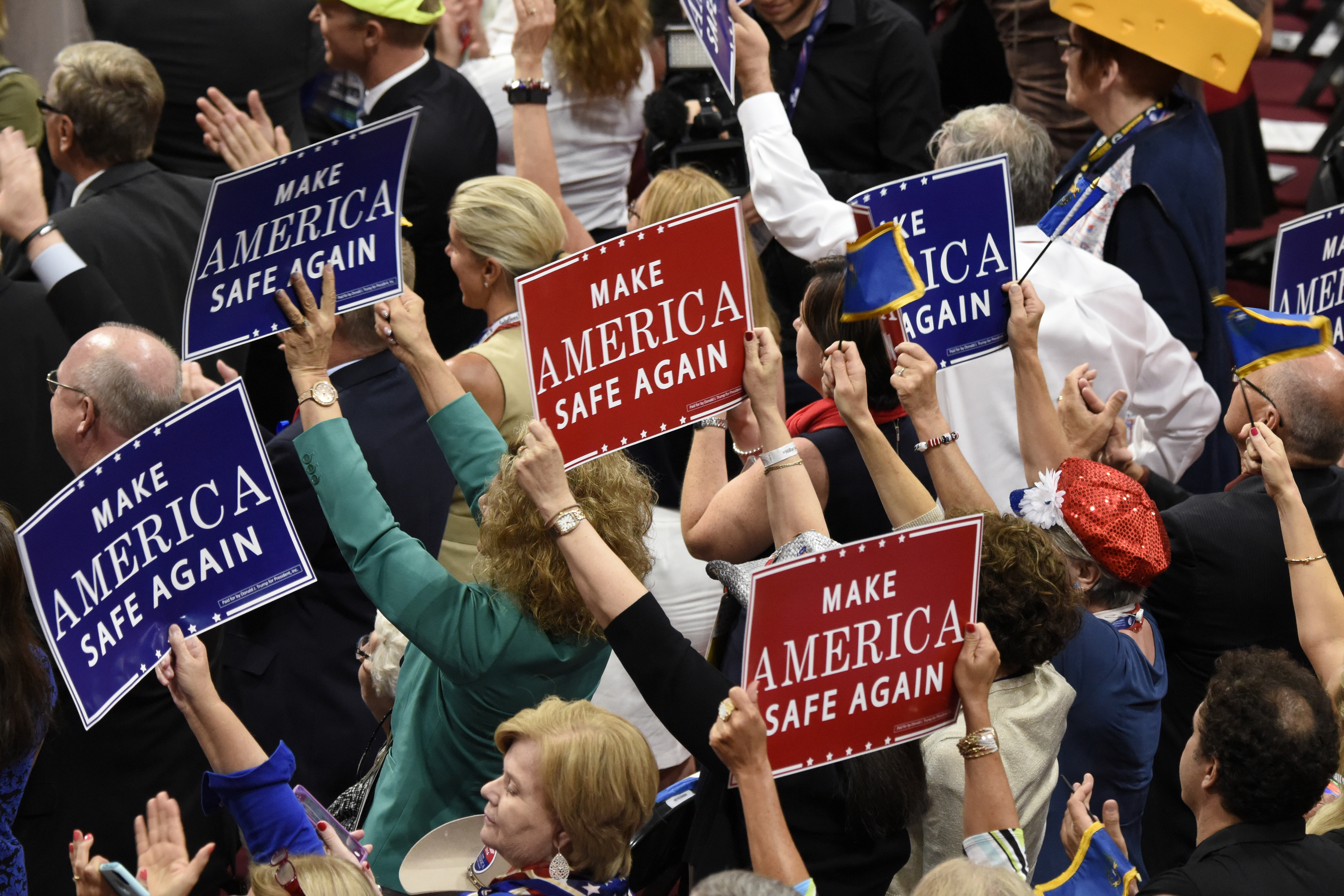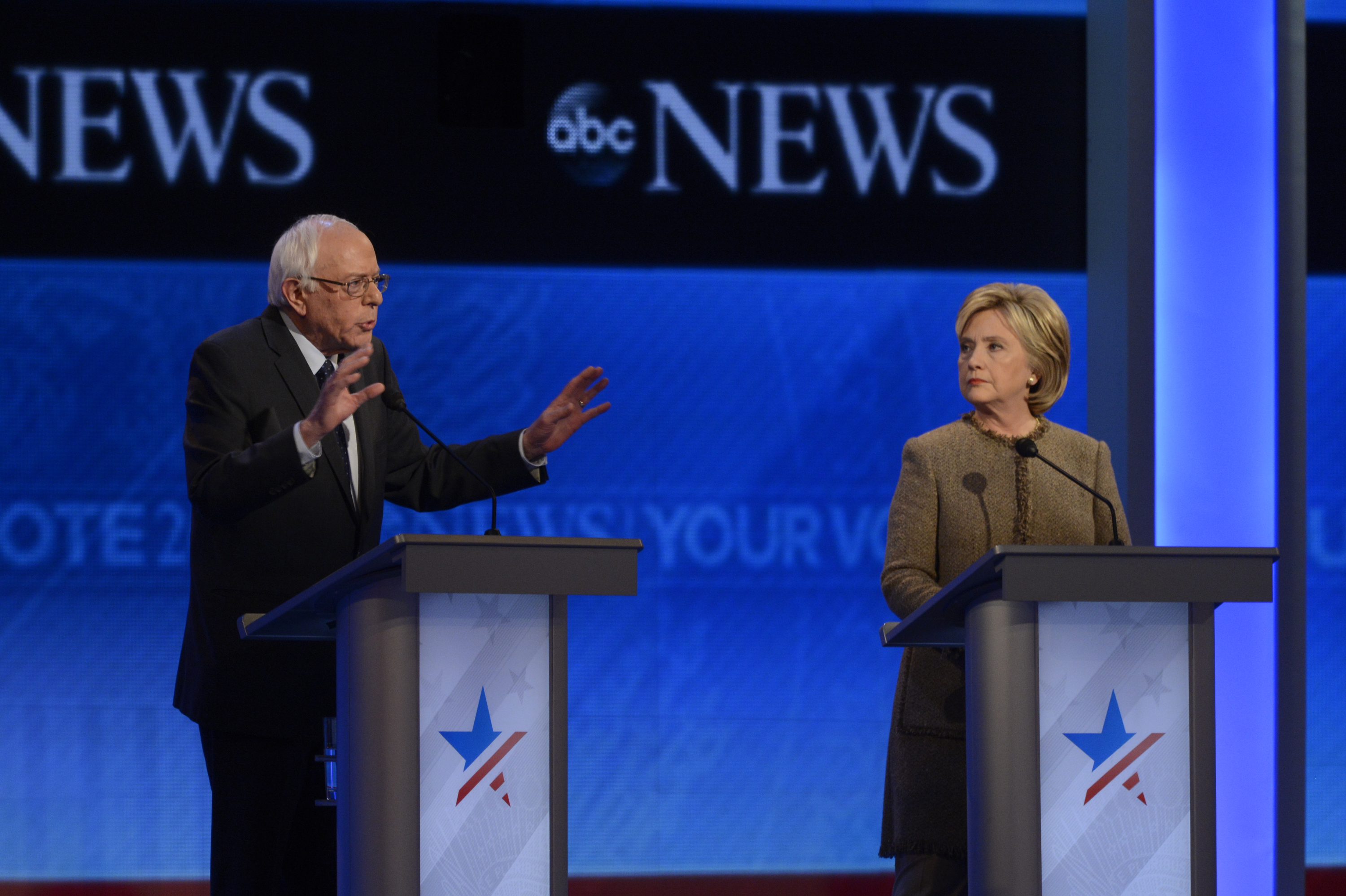Students in the summer offering of my Introduction to American Politics course were assigned to write their final paper on one of three contemporary political debates in the United States – immigration reform, college affordability, and transgender bathroom policy. You can find the discussion about immigration here and on college affordability here.
This week, my students discuss transgender restroom policy. When students in the class were asked in a survey whether people who are transgender should be allowed to use the public bathrooms of the gender they identify with or should they have to use the public bathrooms of the gender they were born as, 60% said they should be allowed to use the public bathrooms of the gender then identify with, 23% said they should be allowed to use the public bathrooms of the gender they were born as, and 17% reported not knowing. As you’ll see from the commentary below, there is much more nuance than these numbers suggest.
A Middle Ground: Undue Hardship Analysis
Response 1, Jennifer P.
Much debate has arose regarding transgender students using restrooms and locker rooms. The middle ground approach differentiates between public restrooms and school locker rooms, where there’s unavoidable public nudity (Park, 2015). This contrast is consistent with public opinion in three swing states: Florida, Ohio, and Pennsylvania. According to the Quinnipiac University Poll, voters in two of the three states support transgendered people having the right to use public restrooms consistent with their gender identity, but all three states oppose mandating public schools to extend the same right to transgender students in locker rooms (Brown, 2016).
The U.S Departments of Education (ED) and Justice (DOJ) recently issued a joint letter stating they now treat a student’s gender identity as the student’s sex for purposes of Title IX. They define gender identity as “an individual’s internal sense of gender” regardless of education records or identification documents indicating a different sex (Gupta, 2016), and discrimination based on students’ transgender status can preclude schools from receiving federal funding (Gupta, 2016 page 2). Ten states, including Ohio, are in opposition to these executive agencies over transgender students’ use of locker rooms. Even further, a lawsuit has been filed and these states claim that the federal agencies have overstepped their boundaries by attempting to rephrase the term “sex” to include “gender identity” under federal civil rights laws (Bydalek, 2016).
The two main issues at play in this debate are the separation of powers and federalism. The states argue that the executive agencies have violated separation of powers by usurping Congress’ authority to legislate in this area. The lawsuit alleges their actions “impose new obligations without Congressional authorization” and “effectively amended the relevant statutory language via unilateral administrative action” (Bydalek, 2016 page 21). In addition, their threat to withhold federal funding raises questions of federalism. The lawsuit alleges, “Congress may use its spending power to create incentives for [entities] to act in accordance with federal policies. But when ‘pressure turns into compulsion,’ the legislation runs contrary to our system of federalism” (Bydalek, 2016 page 30).
The solution to this issue does not lend itself to a one size fits all approach, but transgendered students should be given reasonable accommodations similar to the process under the Americans with Disabilities Act (ADA), as the middle ground approach suggested (Park, 2015). Granting access to facilities is only the beginning, but safeguarding all students’ privacy interests is the harder part. The “significant guidance” issued by ED and DOJ only says “a school may make individual-user options available to all students who voluntarily seek additional privacy,” but cannot require transgender students to use them (Gupta, 2016 page 3). However, one student should not be able to require a school to completely remodel a locker room at significant cost to the school just to accommodate that student’s privacy. The ADA requires employers and employees to go through an undue hardship analysis (U.S. DOJ, 2008), and it could be adopted to this issue. Therefore, the transgender student should be able to request an accommodation, such as shower curtains, and the school can either provide those that are reasonable or alternatively prove that the student’s suggestion creates an undue financial hardship.
Another benefit of using the reasonable accommodation and undue hardship analysis is that the issue of federal funding could be used as an incentive instead of a threat. The media often highlights unfunded mandates in the context of education, but the ED and DOJ letter amounts to a defunded mandate. According to the lawsuit, direct federal funding “amounts to 9.3% of the average State’s total revenue for public elementary and secondary schools, or $1,128 per pupil” (Bydalek, 2016 page 16). The potential loss of this money would be devastating to a school. Instead of threatening the loss of money, ED and DOJ should encourage additional dollars to be available for the schools to provide reasonable accommodations to transgender students.
Transgender students’ use of locker rooms is a great example of how one issue involves the interplay of many themes, as evidenced here by the separation of powers, federalism, and the right to privacy.
Upholding Rights and Ensuring Privacy
Response 2, Illya S.
Without a doubt one of the main issues of contention leading up to the current presidential election has been that of transgender students in locker rooms. Every now and again the issue is brought into the public spotlight when stories such as the one at Fremd High School in Palatine, Illinois emerge. Parents and students sued the United States Department of Education after they passed Title IX as well as the local school district for its modern implementation. These groups saw Title IX’s attempts to eliminate discrimination based on sex as an unlawful attempt to force people born to one sex to use lockers rooms that they thought weren’t meant for their sex (Eldeib & Rhodes, 2016). Continue reading Debate, Week 3: Transgender Students in High School Locker Rooms




